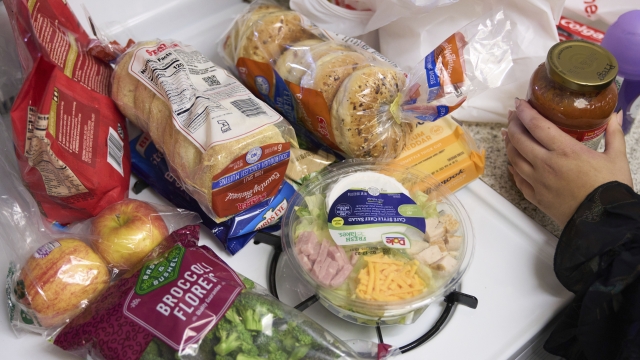Robert Lewis is a recipient of SNAP benefits, the federal program formerly called food stamps. He depends on them to cover his food basics.
"Basically, I don't eat that much, but I still, I have to have my peanut butter and stuff like that," Lewis said.
But the Supplemental Nutrition Assistance Program could be at risk if the debt ceiling decision isn’t resolved by June 1.
As part of the negotiations, Republicans want to expand the rules regarding current work requirements for recipients.
"So it's a spending problem. We should pull back money that's been wasted. We should help people get jobs by having work requirements. We've seen that work time and again," said House Speaker, Kevin McCarthy.
The GOP has proposed that the current work requirements to get aid be raised to age 55 as well as tightening other state exceptions.
McCarthy says the work requirement change must be part of any deal, while the White House is less clear. Another way program recipients could be affected if a debt limit agreement isn't reached is food benefits could be delayed.
Democrats argue that some SNAP recipients are already struggling as the COVID public health emergency expires, in some cases causing disbursement delays.
In Colorado, a State Department of Health spokesman told Scripps News Denver, "the end to that program is causing workload challenges nationwide."
SEE MORE: Families are struggling with reduced SNAP benefits
Trending stories at Scrippsnews.com



